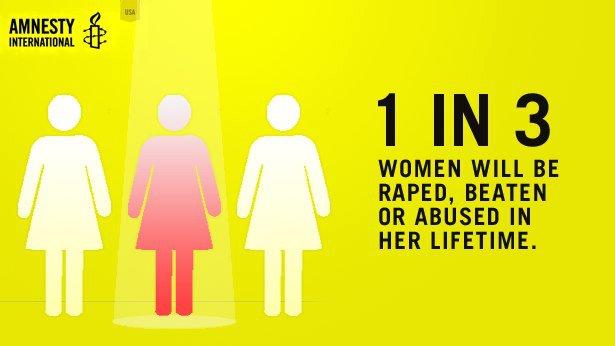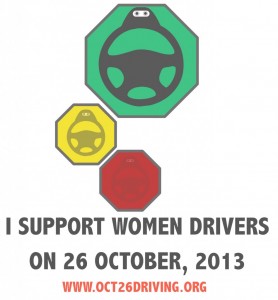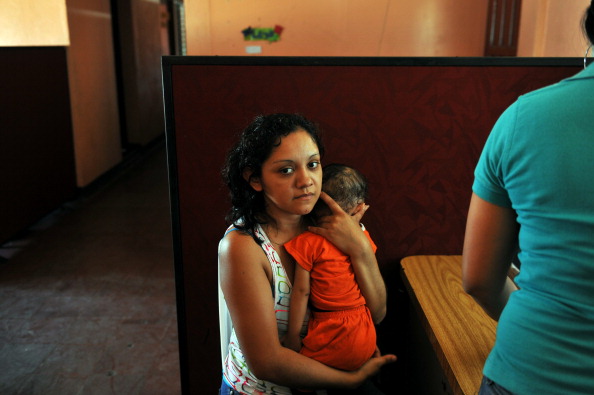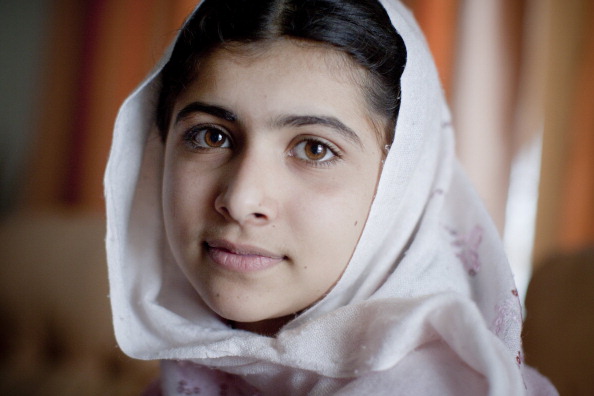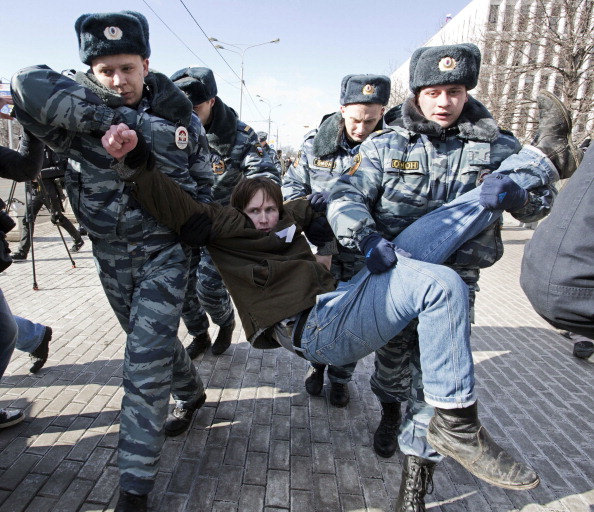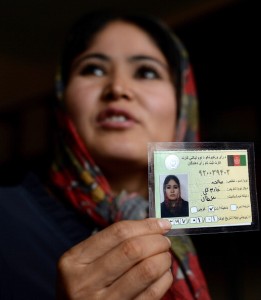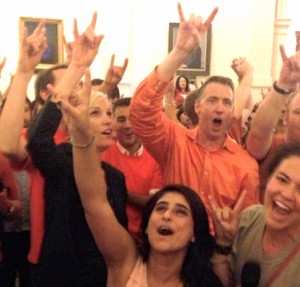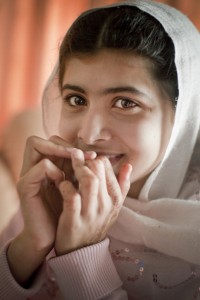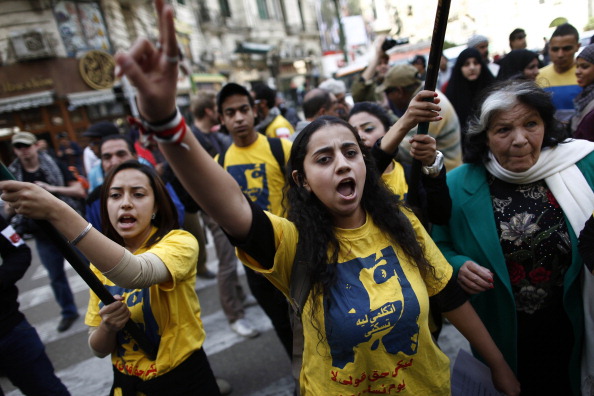
Faced with a spike in sexual violence against female protesters, Egyptian women are overcoming stigma and recounting painful testimonies to force silent authorities and a reticent society to confront “sexual terrorism” (Photo Credit: Mahmud Khaled/AFP/Getty Images).
By Diana Eltahawy, Amnesty International’s Egypt researcher, in Cairo
While the world is focusing on the political fall-out of millions of people taking to the streets in Egypt, with widespread calls for the resignation of President Mohamed Morsi, and the army taking over, other stomach-turning developments have passed virtually unnoticed: Women and girls protesting in the vicinity of Tahrir Square are, time and time again, being sexually attacked by mobs, with authorities remaining idle.
This is not a new phenomenon.
Testimonies from women caught up in the demonstrations, survivors from previous protests and those trying to help, point to a horrific chain of events: tens if not hundreds of men surround their victims, tearing-off their clothes and veils, unzipping trousers, groping breasts and backsides. Sticks, blades and other weapons are frequently used in such attacks.
SEE THE REST OF THIS POST
